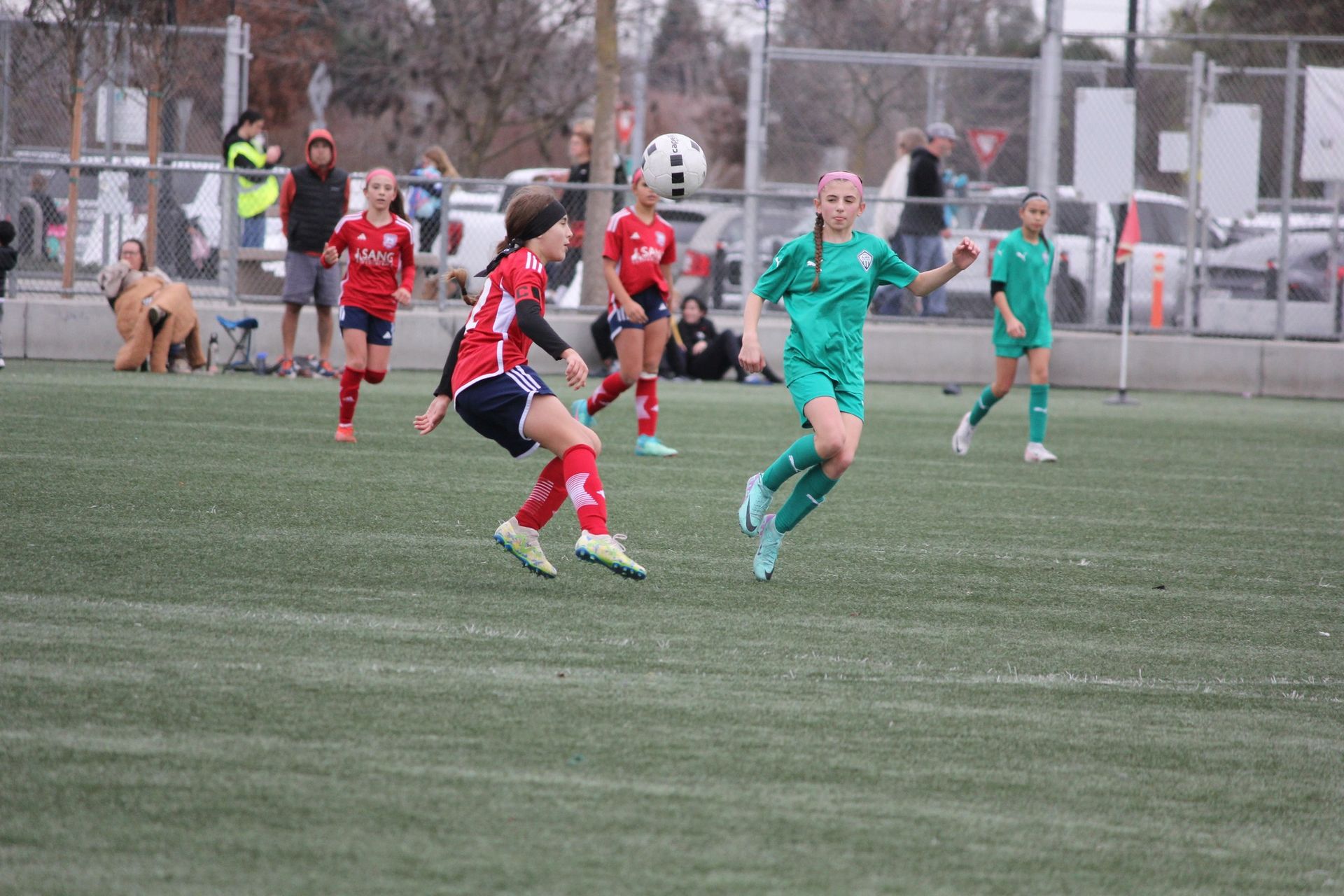A Pediatrician's Guide to Thumb-Sucking: What to Know

Anyone with a child knows they are born with the sucking reflex. Thumb sucking in children is a natural part of early development. Sucking is the innate way a child seeks nutrients, whether through breastfeeding or bottle-feeding.
Young children often pacify themselves with pacifiers or other suckling toys between feedings, which helps them self-soothe. At certain ages, many children may switch from pacifiers to thumb sucking, as another means to calm themselves.
Nearly 75% of all infants suck their thumbs or fingers during their first year. While this habit provides comfort,
thumb sucking can also be triggered by boredom, sleepiness, or other emotional factors.
You might notice your child sucking their thumb while holding a blanket or curling a strand of hair—these are common signs of self-soothing behavior.
When Should Parents Worry About Thumb Sucking?
Too much
thumb sucking can be a concern for some parents. One of the most common questions we hear is:
“When should I worry about thumb sucking?”
While your trusted pediatrician can provide specific guidance, there are general signs and milestones to watch for. This is especially important if you’re wondering how to stop thumb sucking before it leads to long-term problems.
Problems With Kids Thumb Sucking
Parents concerned about the effects of thumb sucking may have heard various myths, but there are genuine risks associated with prolonged thumb-sucking habits—particularly when permanent teeth begin to emerge.
Children who continue to suck their thumbs around age
5 or older may develop dental issues such as overbites, misaligned teeth, or changes in jaw positioning. In some cases, speech development may also be affected.
Thumb sucking can interfere with producing sounds like the “S,” which relies on proper tongue placement. Because of this, thumb sucking and dental health often go hand-in-hand, requiring both behavioral guidance and oral care.
Other issues include minor concerns like chapped skin or fingernail infections, especially on the dominant thumb. Because the mouth carries bacteria, frequent contact can increase the risk of irritation or infection.
Are Pacifiers Safe?
You may first notice thumb sucking in your baby around six months of age. In infancy, the habit is generally harmless. However, thumb sucking after age 4 may lead to dental concerns such as an open bite or, in rare cases, facial structure changes.
To prevent
early thumb sucking habits, some parents use pacifiers between feedings. Pacifiers can serve as a safer alternative, but they should never replace feeding itself.
Like thumb sucking, pacifiers help fulfill a child’s need for comfort and can give parents a brief break. If your child sucks their thumb mainly during naps or bedtime, alternating with a pacifier may help.
Pacifiers are easier to wean than thumb sucking and pose fewer long-term dental risks. However, avoid pacifiers attached to strings or cribs, as these can create serious safety hazards.
Experts recommend phasing out pacifiers by age
2, once all baby teeth have developed, to protect oral health.
How Do I Get My Child To Stop Sucking Their Thumb?
If you’re asking how to stop thumb sucking, the approach depends on your child’s age and temperament. Start with open communication and reassurance.
Help your child understand that you’re working together to overcome the habit, rather than punishing them for it.
In some cases, thumb sucking in older children may be attention-seeking behavior. Ignoring it—rather than reacting negatively—can be effective.
Constant scolding or pressure may worsen the habit, as children can associate thumb sucking with receiving attention.
Try These Strategies:
Positive Reinforcement:
Celebrate small milestones. Use stickers on a calendar, offer small rewards, or plan outings to encourage your child to go without thumb sucking.
Identify Triggers:
Thumb sucking often stems from stress or anxiety. Pay attention to what might be causing discomfort. Extra affection, new bedtime stories, or even a new stuffed toy can help.
Gentle Reminders:
Avoid scolding or shaming your child. Instead, use supportive and gentle cues to help them remember their goal. This is especially important because thumb sucking can be a trauma response, not just a habit.
Don’t Panic, And Offer Support
Thumb sucking in early childhood is usually harmless. Staying calm, patient, and supportive is essential during this sensitive developmental stage.
If the habit persists or causes oral changes, consult a pediatrician or pediatric dentist. Professionals can evaluate the situation and may suggest interventions such as dental appliances or behavioral tools.
If you’re unsure when to talk to a professional, a common guideline is around age 4 to 5 if thumb sucking remains frequent or intense.
Remember, progress takes time. With patience, encouragement, and professional guidance when necessary, most children naturally move past the thumb-sucking stage.
FAQs About Thumb Sucking in Children
Is thumb sucking normal for infants and toddlers?
Yes, thumb sucking is a common self-soothing behavior in infants and toddlers. It is generally harmless in early childhood and often stops on its own by age 2 to 4.
When should I be concerned about my child's thumb sucking?
If your child continues thumb sucking beyond the age of 4 or 5, especially once permanent teeth start to come in, it may affect dental development and be worth discussing with your pediatrician.
Can thumb sucking affect my child's teeth or jaw?
Prolonged thumb sucking can lead to dental issues such as misaligned teeth, bite problems, or changes in the roof of the mouth. Early intervention can help prevent these complications.
Should I worry if my child only sucks their thumb while sleeping?
Occasional thumb sucking during sleep is usually not a concern. However, if it continues regularly as your child grows older, it’s best to monitor it and consult your pediatrician if needed.
When should I talk to a pediatrician about thumb sucking?
If your child is older than 4 and still sucks their thumb frequently, or if you notice changes in their teeth or speech, it’s a good idea to seek guidance from your pediatrician.












